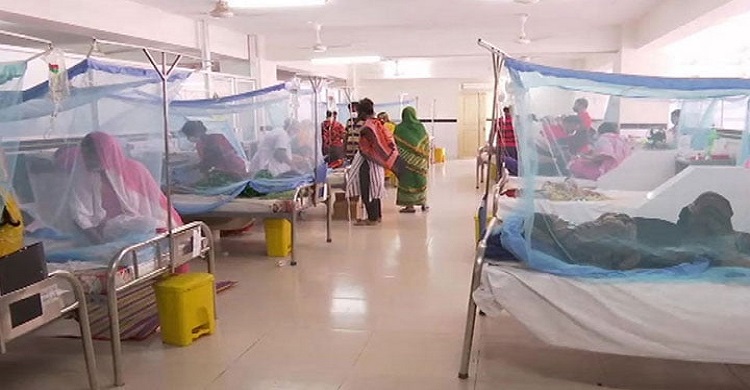
- Health
5214 women die of cervical cancer every year
- Health
- 10 January, 2021 13:04:04
News Desk: Every year 5 thousand 214 women are dying of cervical cancer. A report by the International Agency for Research on Cancer (IARC) has come up with such alarming information. Where it has been said that cervical cancer is the second most common cancer among female cancer patients in Bangladesh. Every year, 6,008 women are newly infected with this cancer, and 5,214 women die from it.
About 12 percent of women with cervical cancer suffer from cervical cancer. This information was given at a virtual discussion meeting held on the occasion of Cervical Cancer Awareness Day celebrated for the 5th time in the country on Saturday (January 9). This day is celebrated every year on the second Saturday of January at the initiative of 'Morcha for Mother'. In addition, the whole month of January is celebrated as Cervical Cancer Awareness Month in the world.
On this occasion, a month-long program has been taken which has been inaugurated through 6 virtual discussions. This year the theme of the day is 'Know the evil virus called HPV'. Leading gynecologists, cancer, public health experts and leaders of various voluntary and women's organizations took part in the discussion. Gynecologist Professor TA Chowdhury presided over the main coordinator of the march for the mother. Hosted by Habibullah Talukder Raskin, the event featured three essays on the HPV virus and other cervical and non-cancerous health problems, including cervical cancer, presented by BSMMU's Department of Gynecology Oncology.
Ashrafunnesa, head professor of gynecology oncology at the National Cancer Institute. Rokeya Anwar and Associate Professor of Gynecology Unit of Dhaka Medical College Hospital. Kashefa Khatun. During the discussion, the speakers emphasized on two issues and asked the government to take action in this regard:
First:
the Human Papilloma Virus (HPV) vaccine, which is essential for early prevention, is not available in the country. One importer has withdrawn from Bangladesh, while the other has been closed for some time. Government initiatives are sought to make the vaccine readily available through multiple companies. The government, in collaboration with the International Donor Agency (GAVI), has provided free vaccines to 33,000 adolescents in Gazipur district. Following the evaluation of this pilot project, which is to be expanded across the country in phases, no visible progress has been made in this regard.
Second:
The Cancer Screening Program, which is being run in about 400 different government hospitals at different levels, is unorganized, hospital-centric. It is impossible to bring risky women under it without giving it a socially organized form. Apart from this, some public-private initiatives are being seen, it is a matter of hope. However, the National Cancer Screening Program under a National Cancer Control Plan with emphasis on proper planning, implementation, and evaluation is now the demand of the time, which will be socially based, organized and complete. Speakers at the meeting expressed the view that the overall improvement of the cancer situation is possible not only with the responsibility of the government, but also with the participation of the medical community, other stakeholders in the health system and people from all walks of life.
Former President of OGSB Prof. Raushan Ara Begum and current President Prof. Samina Chowdhury, Chairman of Community Oncology Center Trust Prof. Sabera Khatun, National General Secretary of OIWCA Helen Manisha Sarkar, Chairman of Public Health Foundation Prof. Sharmin Ias Mosarrat Sourav, executive director of the research center, Shirin Haque, head of the women's wing, Shahnaz Sharmin, chief reporter of Nagarik TV, Masud Karim, president of the Rotary Club of Dhaka Golden City and Bazlur Rahman, head of the tobacco control cell at Dhaka International University.
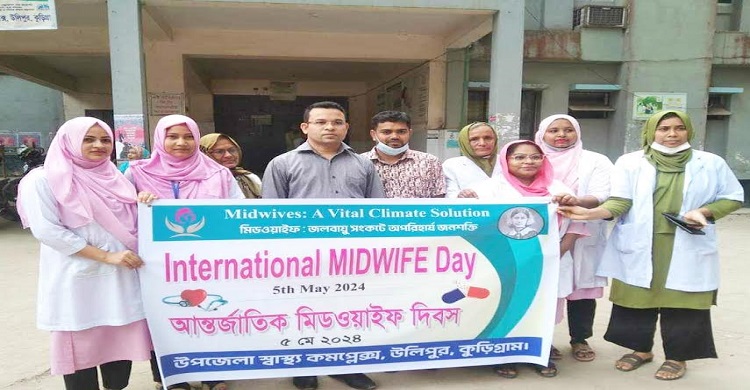

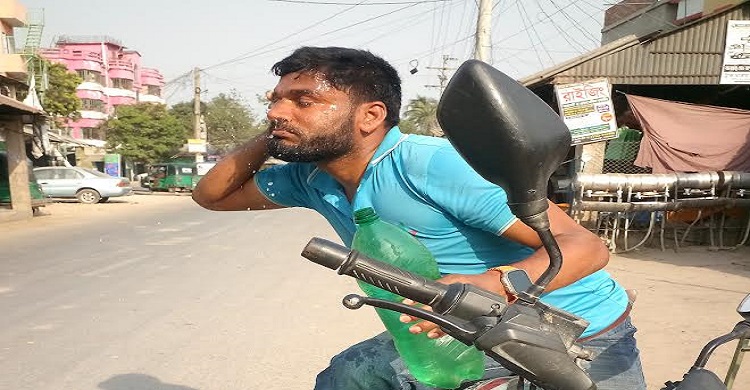
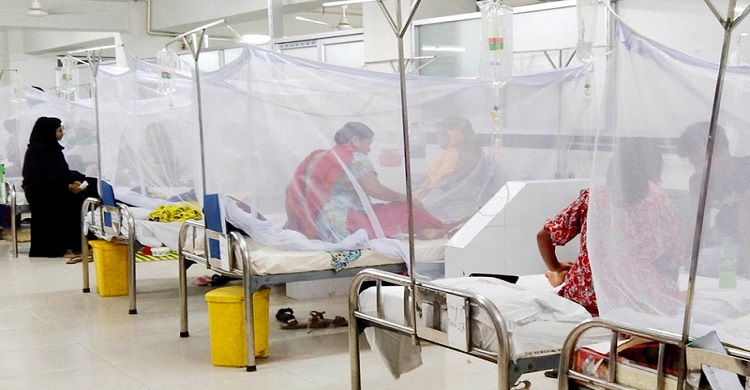
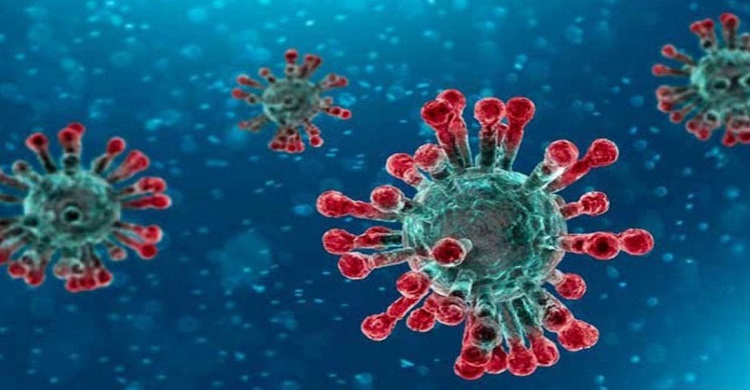
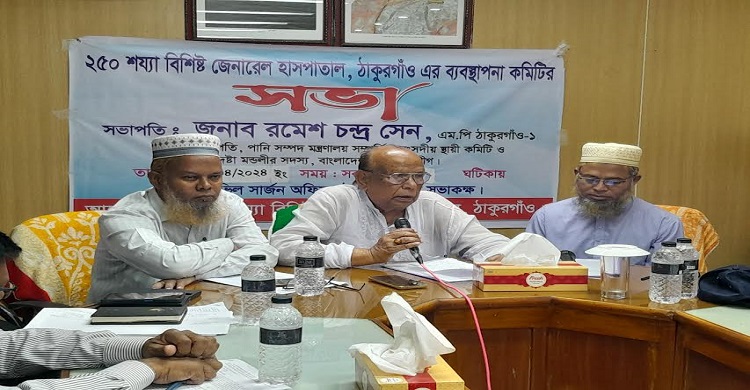
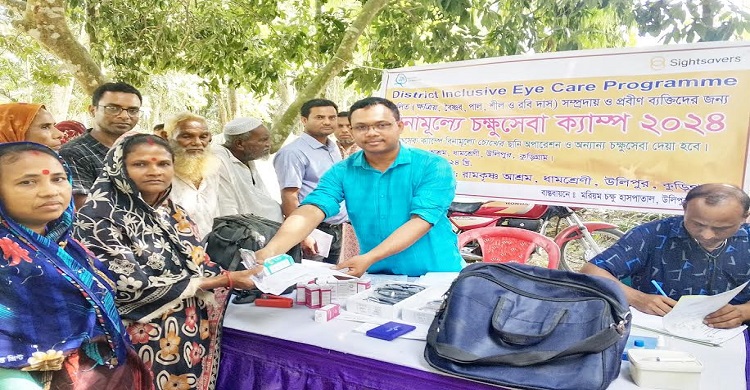
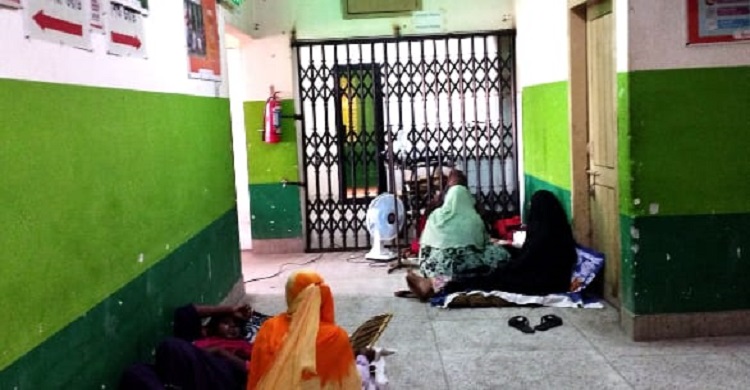
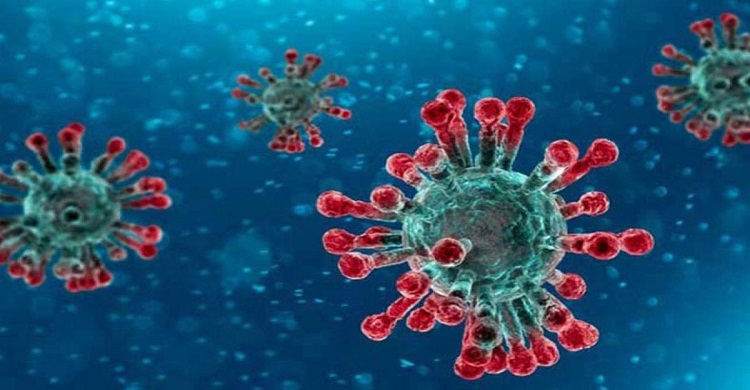
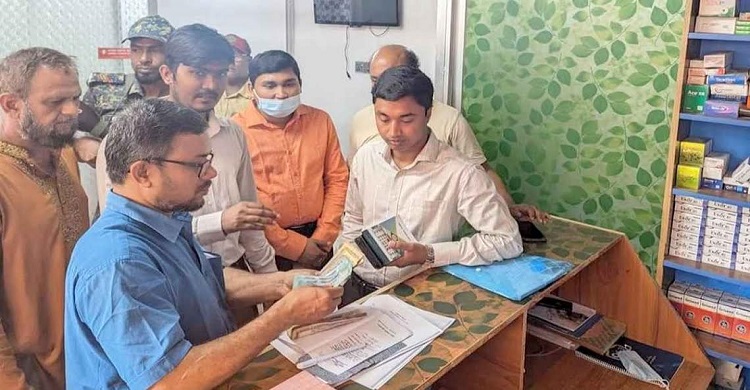
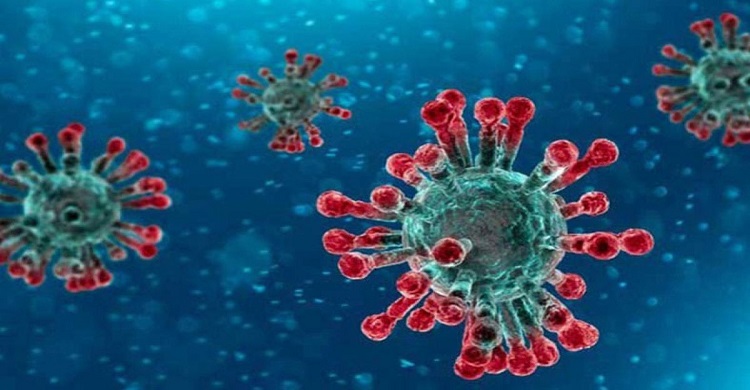
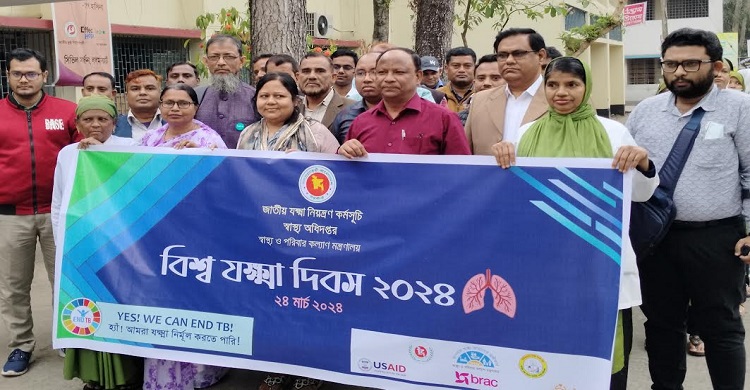
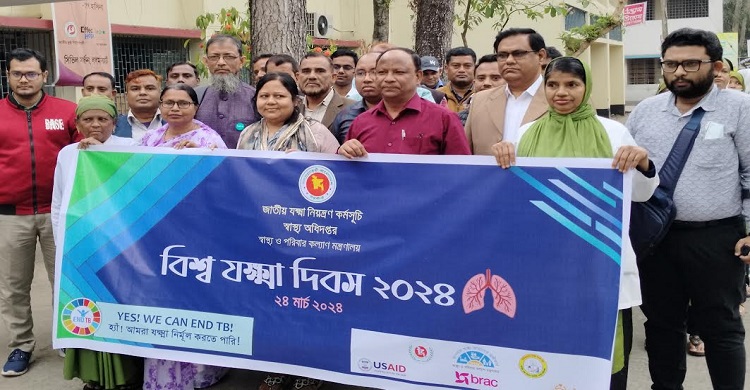
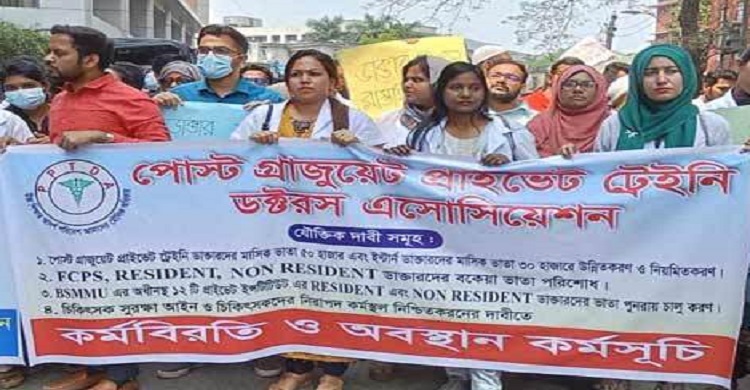
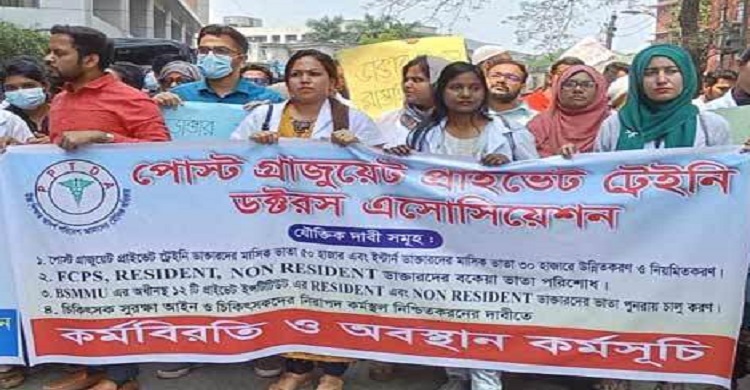
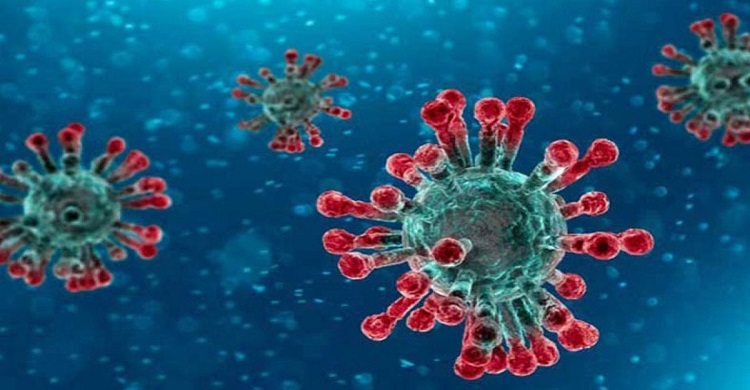
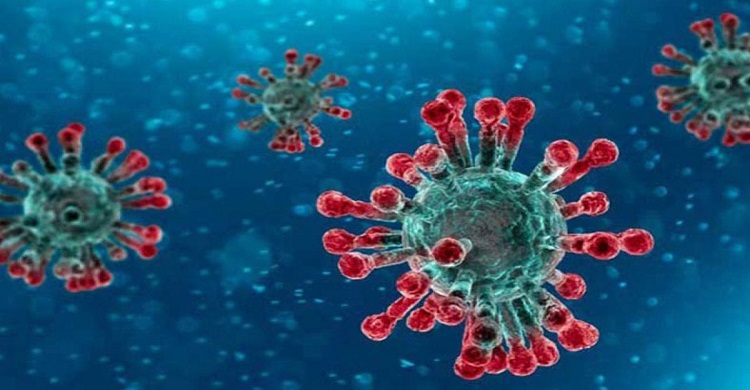
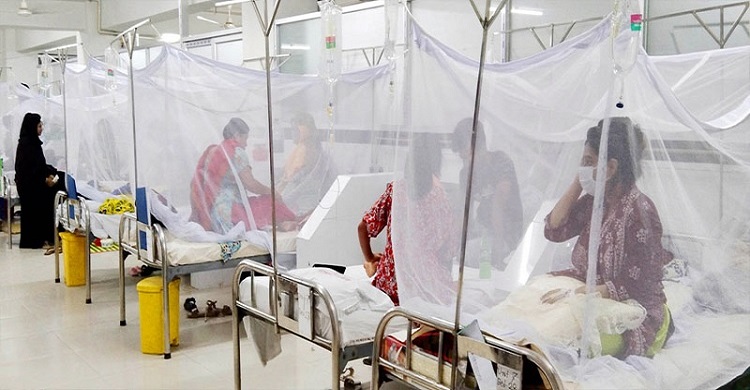
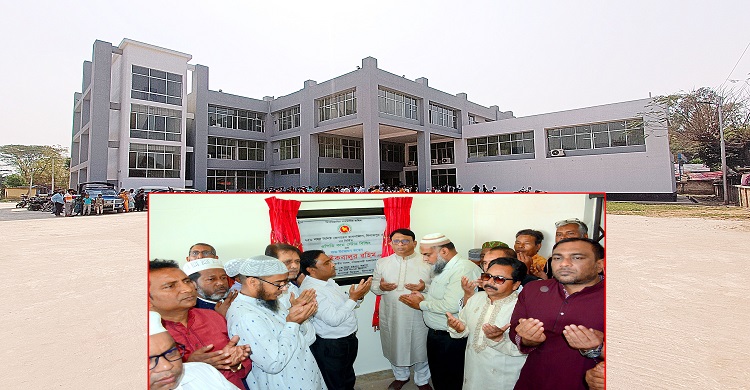

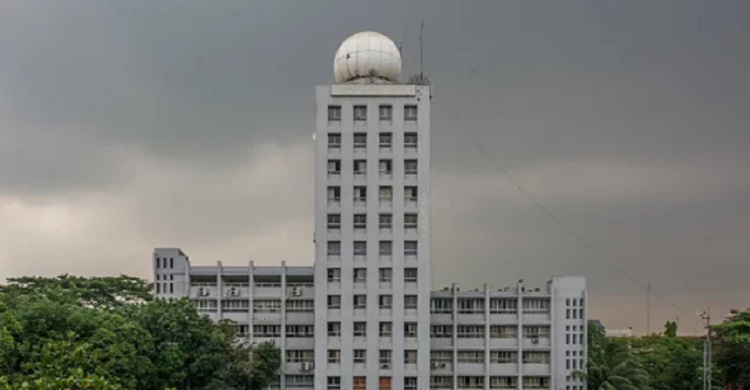

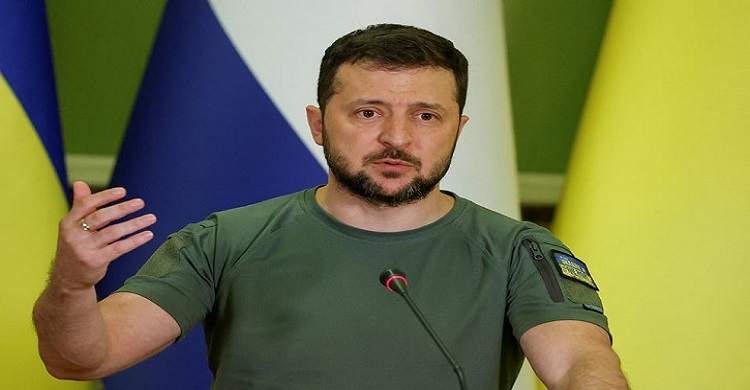





Comment ( 0)